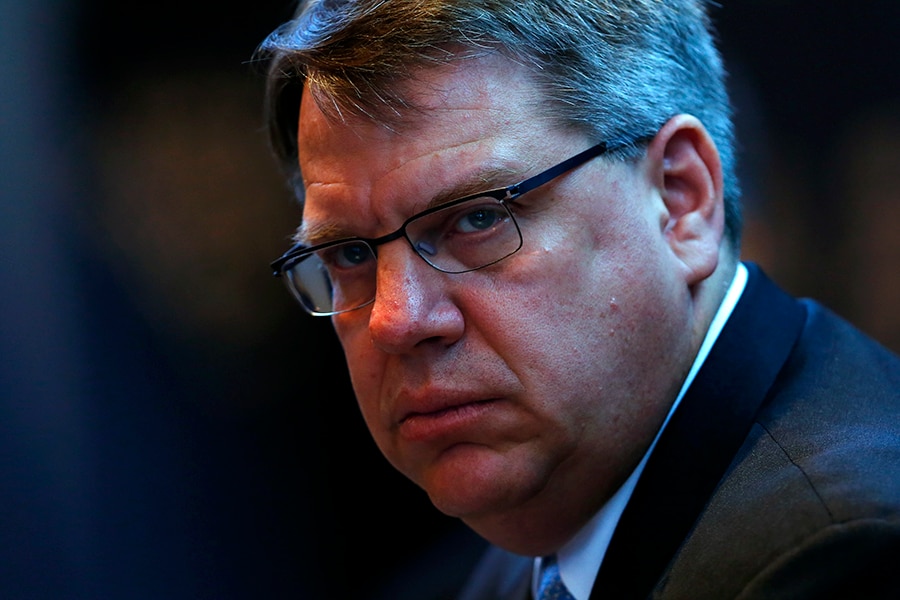Boston Consulting Group CEO explains how setbacks mould leaders
Rich Lesser discusses earning trust during challenging times and the importance of communicating in realities


 Rich Lesser
Rich Lesser
Image: Denis Balibouse / Reuters [br]Rich Lesser has weathered many crises.
It’s these previous experiences with tragic events and financial setbacks that make him a tested leader in the current pandemic.
Lesser became BCG’s CEO in 2013 and discussed a number of topics in a conversation with Dean Bill Boulding of Duke University’s Fuqua School of Business for the Distinguished Speakers Series.
“The two crises I lived before this one were incredibly formative to my leadership,” Lesser said. “You have to be self-aware of what you are feeling, but you also have to really focus on your team.” (See full interview above and selected highlights below.)
Lesser started his career with BCG in 1988 as a consultant and rose through the ranks. He served as head of the New York office system from 2000 through 2009 before becoming chairman of the North and South America divisions from 2009 to 2012.
It was during these years that he led BCG through the 9/11 terrorist attacks and played a pivotal role in helping the company become the only global management consulting firm to grow during the 2008 recession.
In his conversation with Boulding, Lesser discussed leading through the COVID-19 pandemic, as well as the integral role he sees business playing in racial equity efforts.
“I understand why society would look at business and say, "Look at these diversity metrics. They are not where they should be.’ And they’re right,” Lesser said. “The challenge for business is to embed the initiative deep in the organization and force a high degree of transparency, and then be able to show that you are making progress.”
Lesser shared advice on how best to preserve a sense of optimism in these trying times. One step to boosting confidence among employees is for leaders to be seen as dealing in true reality, he said.
“This country needs to realize the risk that we are putting so many of our citizens in, which is harsh and scary,” Lesser said.
Pretending that the current realities are not real, or choosing not to engage in what it will take to change the curve – as difficult as it may be – only furthers people’s confusion and disillusionment.
Despite the challenges of 2020, Lesser ended the discussion by highlighting the significance of the positive outcomes he has witnessed this year.
“As much as BCG is known for its frameworks and concepts, what most of us remember are stories. The stories about our capacity to learn, our capacity to change, our capacity to team [up] in new ways, our capacity to make a difference in the world – it’s been an unbelievable year on those dimensions,” Lesser said.
First Published: Feb 02, 2021, 15:40
Subscribe Now